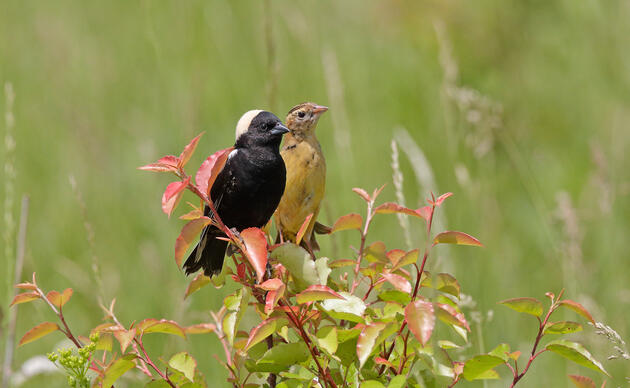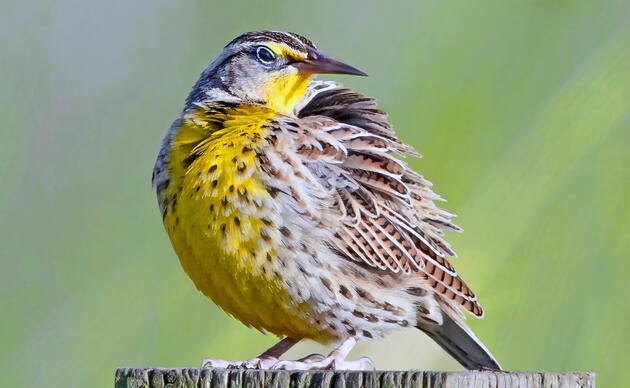LINCOLN, Nebraska (February 4, 2022) – The Nebraska Conservation Roundtable (Roundtable) hosted their annual Senator briefing in February to share the Roundtable’s priorities and information for the 2022 legislative session. Audubon Nebraska’s Executive Director Kristal Stoner, who also serves as Chair of the Roundtable, discussed the opportunities in many existing programs to benefit birds, our agriculture economy, and rural communities.
“We want to elevate the need to conserve our valuable natural resources and show that programs designed for working farms and ranches support rural economies, landowners, and ecotourism”, said Kristal. “Conservation programs and opportunities have certainly been in the news lately. We don’t want the many ways these programs benefit Nebraskans and working landscapes to be forgotten.”
The partners discussed the Conservation Reserve Program, Working Lands for Wildlife, wetland restoration, and others as examples of programs that incentivize habitat restoration, and that the demand from landowners typically exceeds availability. “Habitat in Nebraska may be defined as tall, mixed, and short grass prairie; forest; wetlands; and rivers,” said Theresa Pella, Chair of the Wachiska Audubon Society. “Sustainable funding for programs that support ecosystems and landowners is important.”
The annual Sandhill Crane migration is a perfect example of how resilient habitat benefits both birds and people. Every year, an international audience of 25,000 people visit Audubon’s Rowe Sanctuary, but this amazing migration would not happen without investments to restore the river, wetlands, and grasslands in collaboration with private landowners. The local community benefits from the roughly $15 million in revenue that is generated annually by crane ecotourists.
At the unicameral this year, Audubon Nebraska and the conservation partners are advocating for funding for existing conservation programs and the defeat of LB 1135, which would eliminate the efficacy of conservation easements. Easements are an important option for long-term habitat protection. A video, “From the Grass Up,” which elevates landowner voices in support of easements, was shown at the briefing and was well received.
Kristal remarked, “Land conservation with private landowners is practical and works in Nebraska. Collaboratively, we can achieve not only conservation outcomes but also improve the quality of life and economic outcomes that we all strive for as a state.”
The Nebraska Conservation Roundtable is an organization of 24 conservation-minded organizations that strives to be a cohesive voice for conservation by creating dialogue, fostering collaboration, serving as a resource for policymakers, and providing science-based, sustainable solutions for complex conservation issues impacting Nebraska’s fish and wildlife habitat.



